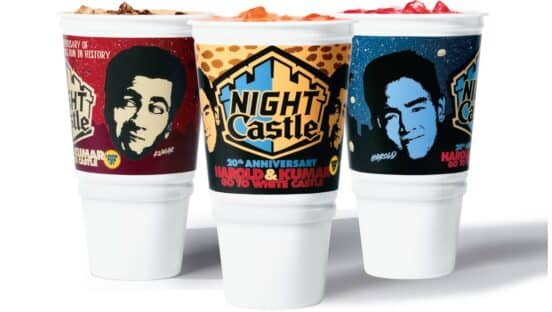Calling the argument “not persuasive,” 7th Circuit judges in a Chicago appeals court ruled that workers could sue both the corporate entity of Jimmy John’s and its restaurant franchisees for denying them overtime wages. Workers are currently bringing a class-action lawsuit against the Champaign, Illinois-based chain.
The ruling reversed a previous district court order that prevented plaintiffs from suing franchisees. Jimmy John’s said that duplicative litigation and inconsistent rulings should prevent workers from suing franchisees. The judges did not agree.
Of Jimmy John’s more than 2,600 U.S. units, which generate more than $2 billion in annual sales, 98 percent are franchised owned.
In a statement reported by Crain’s Chicago Business, lead plaintiffs’ attorney Seth Lesser of Klafter Olsen & Lesser, said: “Too often, companies intentionally misclassify workers in an effort to mask what is essentially wage theft. This ruling is an important step towards righting those wrongs.”
The assistant restaurant managers are suing the chain for withheld overtime pay. This ruling comes at an interesting time after the National Labor Relations Board recently overturned the Obama-era “joint employer” rule, which reversed the standard it set in a 2015 case involving Browning-Ferris Industries Inc. The now Republican-majority board returned the definition to a franchise-friendly one that essentially keeps franchisors from being held legally liable in labor cases involving franchisees. The Obama-era rule put employers potentially on the hook for labor law violations committed by their subcontractors. It made it easier for unions and workers to hold companies accountable for practices of contractors and franchisees.
In the Jimmy John’s case, the chain was arguing that it needed to be determined whether or not Jimmy John’s was a “joint employer” of the plaintiffs. The court sided with the workers, who said they were running out of time to sue the franchisees, and wanted the U.S. Appellate Court to grant them the go-ahead.
The plaintiffs had filed a lawsuit on behalf of all assistant managers claiming that Jimmy John’s is their joint employer, even though stores owned by franchisees employ most of the workers. Two years later, they filed separate lawsuit against franchisee employers in federal district courts under the same claims.
The U.S. District Court in Chicago enjoined plaintiffs in 13 lawsuits in 12 federal District Courts from proceeding with their litigation.
Now, a three-judge appeals court panel unanimously overturned the lower court’s rulings.
How the NLRB’s recent decision will affect this case—and cases like it—remains to be seen. As Crain’s explains, there are at least 13 similar wage-theft cases against fast-food brands being discussed in 12 federal districts across the country.
One big case involved McDonald’s. The NLRB had filed complaints against the fast-food chain claiming it was the joint employer of franchise workers across the country. A trial began more than two years ago.
In November 2016, McDonald’s agreed to pay $3.75 million to workers to settle a lawsuit involving labor law violations by a California franchisee.









